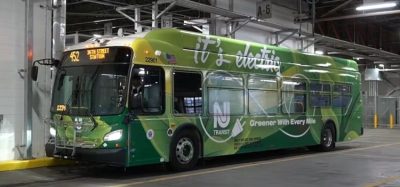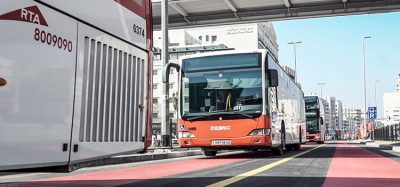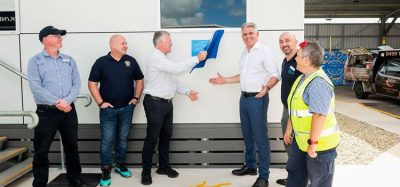Enabling standardisation and interoperability in e-mobility
- Like
- Digg
- Del
- Tumblr
- VKontakte
- Buffer
- Love This
- Odnoklassniki
- Meneame
- Blogger
- Amazon
- Yahoo Mail
- Gmail
- AOL
- Newsvine
- HackerNews
- Evernote
- MySpace
- Mail.ru
- Viadeo
- Line
- Comments
- Yummly
- SMS
- Viber
- Telegram
- Subscribe
- Skype
- Facebook Messenger
- Kakao
- LiveJournal
- Yammer
- Edgar
- Fintel
- Mix
- Instapaper
- Copy Link
Posted: 2 October 2019 | Aida Abdulah -UITP, Dr. Mikko Pihlatie - VTT, Marko Paakkinen - VTT | No comments yet
VTT’s Marko Paakkinen and Mikko Pihlatie, and UITP’s Aida Abdulah, explain how the Horizon 2020-funded ASSURED project is driving standards and interoperability forward in electric charging infrastructure, and how it can benefit operators, authorities and cities.
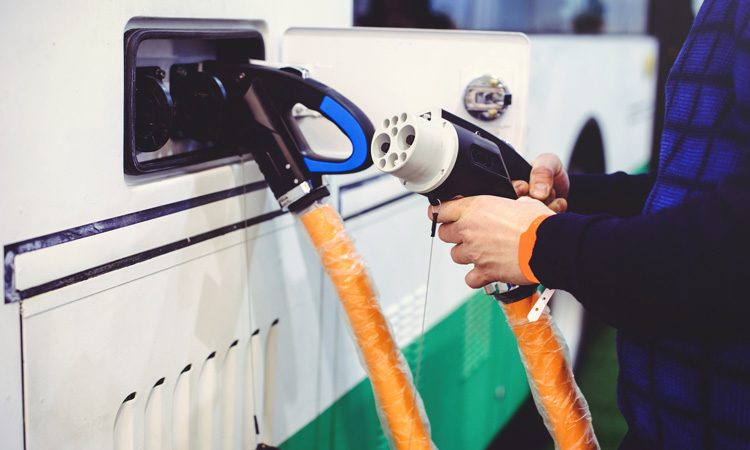

What is the ASSURED project and how long has it been running?
ASSURED is a project co-funded by the European Commission to boost the electrification of urban commercial vehicles and their integration with high-power, fast-charging infrastructure. The project is developing high-power charging solutions for full-size, heavy-duty applications, specifically e-buses, e-trucks and wireless charging for e-vans. The fundamental goal is that each of these solutions is designed to supply energy for a whole fleet of vehicles and will be able to charge various types of vehicles.
One of the main innovations pursued by ASSURED is the standardisation of charging infrastructure through solutions that will facilitate interoperable and fast high-power charging. The project is developing innovative charging management strategies that will contribute to reducing noise and air pollution, as well as the total cost of ownership and operational costs of electric bus fleets. We are also looking into grid stability to ensure the reliability of the system and the security of supply – essential for future use when a larger number of vehicles will rely on the charging infrastructure.
ASSURED started in October 2017, so we are approaching the mid-term of the project, which will end in September 2021.
How will standardisation in charging infrastructure benefit transport operators and authorities?
ASSURED will be the first project that sets out to test the interoperability of the charging solutions applied. Doing so will give the market the possibility of having a tool that tests which systems and solutions are ‘compatible’, boosting confidence within the sector and bringing freedom of choice to fleet operators. With standardisation, there will be no more concerns about which vehicle or charging solution to opt for as they will all be interoperable, meaning it will be possible to operate mixed fleets (with different vehicle brands) and charge them with different solutions.
What precautions need to be taken as we move into an EV-based future regarding electricity grid stability?
There is quite a lot of debate on this topic. The simulations we’ve run within ASSURED show that grid operators do not need to worry much about e-fleet upscale. Despite this, we should still consider that such an increase in electricity demand will need to be covered with renewable energy sources if we are serious about changing the current environmental impact of transport. As mentioned previously, the project is also exploring new charging management strategies in order to increase efficiency and reduce the cost and impact of charging big fleets. From a technical point of view, ASSURED is creating knowledge and technological solutions to better understand and ensure grid stability.
Understanding different use cases and operational schemes of vehicle fleets will also play an important role for optimal charging management. Fast, high-power charging is emerging in transit system nodes. At the same time, the strain to the power grid can be relieved through smart charging and demand side management for vehicles and fleets that do not urgently need to be charged.
During the project so far, what hurdles have you encountered in trying to achieve interoperability?
A key factor to ensure that e-fleets can be successfully upscaled is the interoperability of the vehicle and the charging unit, as this will simplify the tendering and implementation of the charging infrastructure. In order to achieve effective interoperability, standardisation of the charging infrastructure and high-quality conformance testing are essential.
In this sense, the efforts to reach full standardisation of e-bus charging infrastructure are heavily underway. To support these efforts, ASSURED has released a report called ASSURED 1.0 Interoperability Reference, led by VTT, which will enable interoperability and conformance testing. The report was launched in June during the UITP Global Public Transport Summit and includes the most common automated fast-charging solutions and connection interfaces in the market, aiming to fill the gaps between already available draft standards.
A major achievement is that the ASSURED 1.0 Interoperability Reference will be subject to a standard test protocol to prove interoperability with different brands of e-buses and chargers. The upcoming tests will start by the end of 2019 and results will be ready by June 2020. Such a decisive verification tool will finally make interoperability measurable, which is expected to increase industry acceptance.
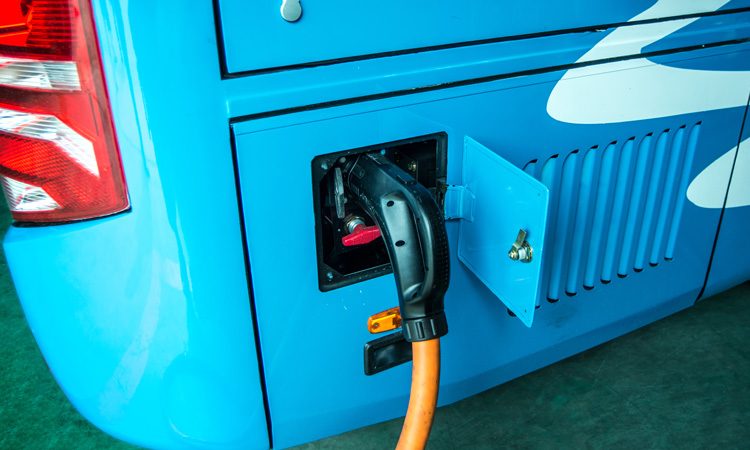

Moving forward, how should the industry ensure that interoperable EV infrastructure and equipment is affordable for authorities and cities?
First of all, it is essential that the industry understands and supports the value of it. At the same time, it is important for the cities and authorities to state the need or requirement for interoperable systems in their tenders. In the beginning, industry players worked in a disconnected way and developed their own solutions, making it rather difficult for even pioneering operators willing to embrace electric powertrains to have a clear view of what to choose. Slowly, the industry started gathering and building cooperations and alliances around primary solutions (which can be read about in the ASSURED 1.0 Interoperability Reference). This approach to cooperation and achieving a common goal of interoperability is the trend among the frontrunners now. We are proud to support these efforts through the outstanding work of the ASSURED bus manufacturers, charging solution suppliers and grid operators who are moving standardisation forward within the project.
Working with standardised infrastructure will make the market more competitive as there will be more players. Of course, the ‘late majority’ will benefit from the standards and the work (and investment) done by the innovators, but it will have a positive impact on investment for further technological development, as well as the final price of the solutions developed, making it more affordable for both industry and cities.
Do you think standardisation will help to accelerate the adoption of EVs in the public transport industry?
Absolutely; having interoperable solutions is the missing link to boosting confidence among cities, authorities and operators – especially in tendering where they need to be able to plan for the long term. Having charging infrastructure available today that can be further used and extended in the future, with larger fleets and different vehicle applications, would result in peace of mind that can help cities make the decision to invest, even when the upfront costs are still higher. Standardisation will also mean that changing from one charging interfacing system to another, if deemed necessary, will be much smoother. Cities need to and will plan for the long term, and electric powertrains are without doubt a strong and suitable option to support their efforts in decarbonising urban transport and increasing people’s quality of life and wellbeing.
Biographies






Related topics
Alternative Power, Infrastructure & Urban Planning, Intelligent Transport Systems (ITS), Sustainable Urban Transport
Issue
Issue 3 2019
Related organisations
UITP Knowledge & Innovation, VTT Technical Research Centre of Finland




